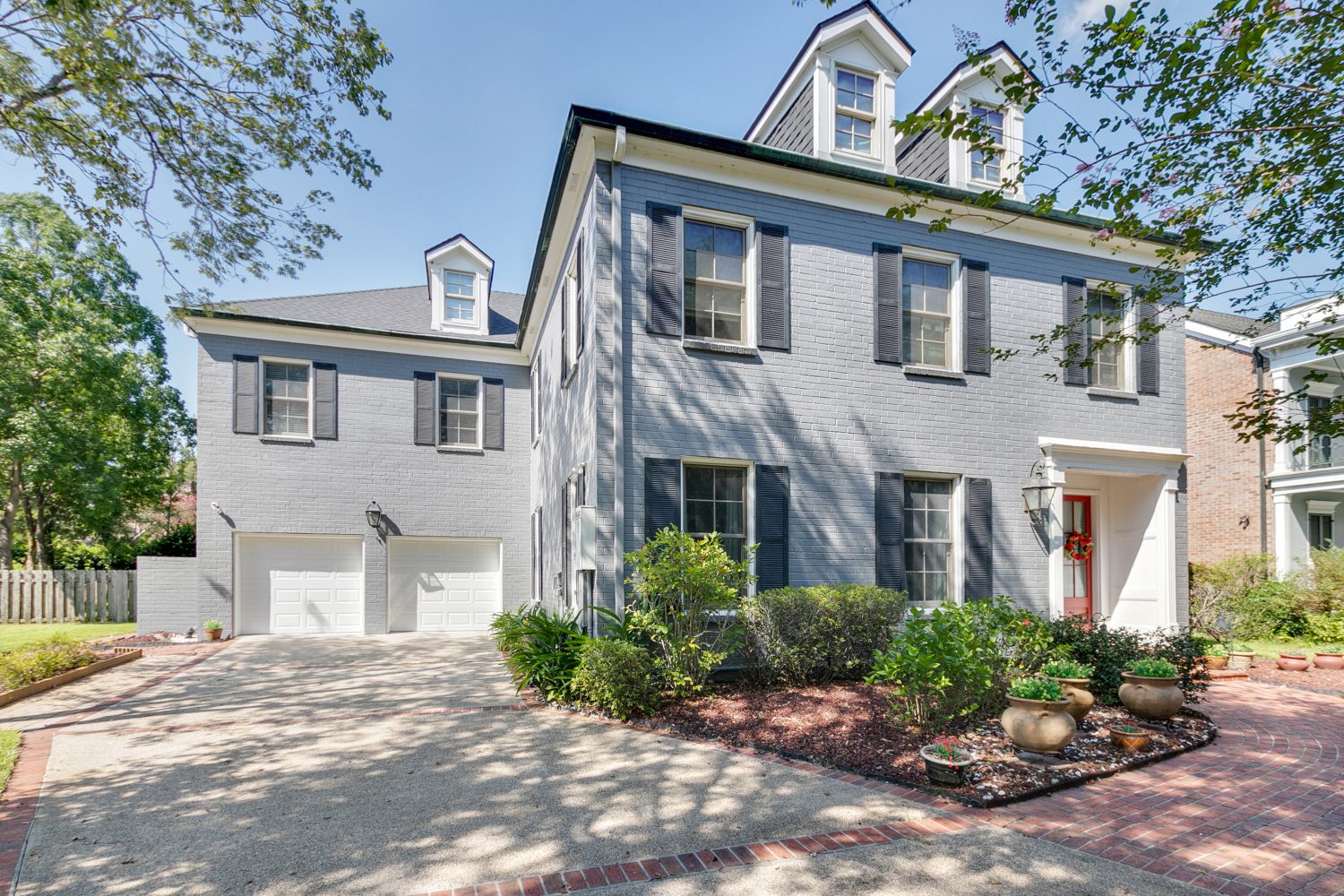Multiple offers have become more common in the current housing market. According to the National Association of Home Builders NAHB’s Housing Trends Report, 59% of home buyers that were in the process of purchasing a home in the second quarter of 2020 had spent as much as 3 months searching for a home. In the report, it was found that a number of these buyers were confronted with multiple offers on the same property hindering them in the effort to purchase a home.
The NAHB’s Housing Trends Report collects data by measuring prospective home buyers’ perceptions about the availability and affordability of homes for sale in their markets. The report is released quarterly and tracks changes in buyer’s perceptions over time.
The report revealed the following reasons why active buyers 
There are more buyers than there are homes on the market. The housing market’s contribution to the GDP has been reported at the highest since the third quarter of 2007. The GDP is the gross domestic product which is the total monetary or market value of all the finished goods and services produced within a country’s borders in a specific time period.
The housing market contributes to the GDP in two ways. The first way is through residential fixed investment (RFI). RFI is the measure of the home building, multifamily development, and remodeling contributions to GDP. Included in these measurements are construction of new single-family and multifamily structures, residential remodeling, production of manufactured homes and brokers’ fees. The second way it impacts the GDP is through the measuring of housing services. These include gross rents (including utilities) paid by renters, and owners’ imputed rent (an estimate of how much it would cost to rent owner-occupied units) and utility payments.
Housing will definetly lead to the economic recovery because of low mortgage interest rates, a renewed focus on the importance of the home and lack of for sale inventory. The housing market is the light at the end of the tunnel for the U.S. economy’s recovery.
Click Here For the Source of the Information.


